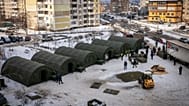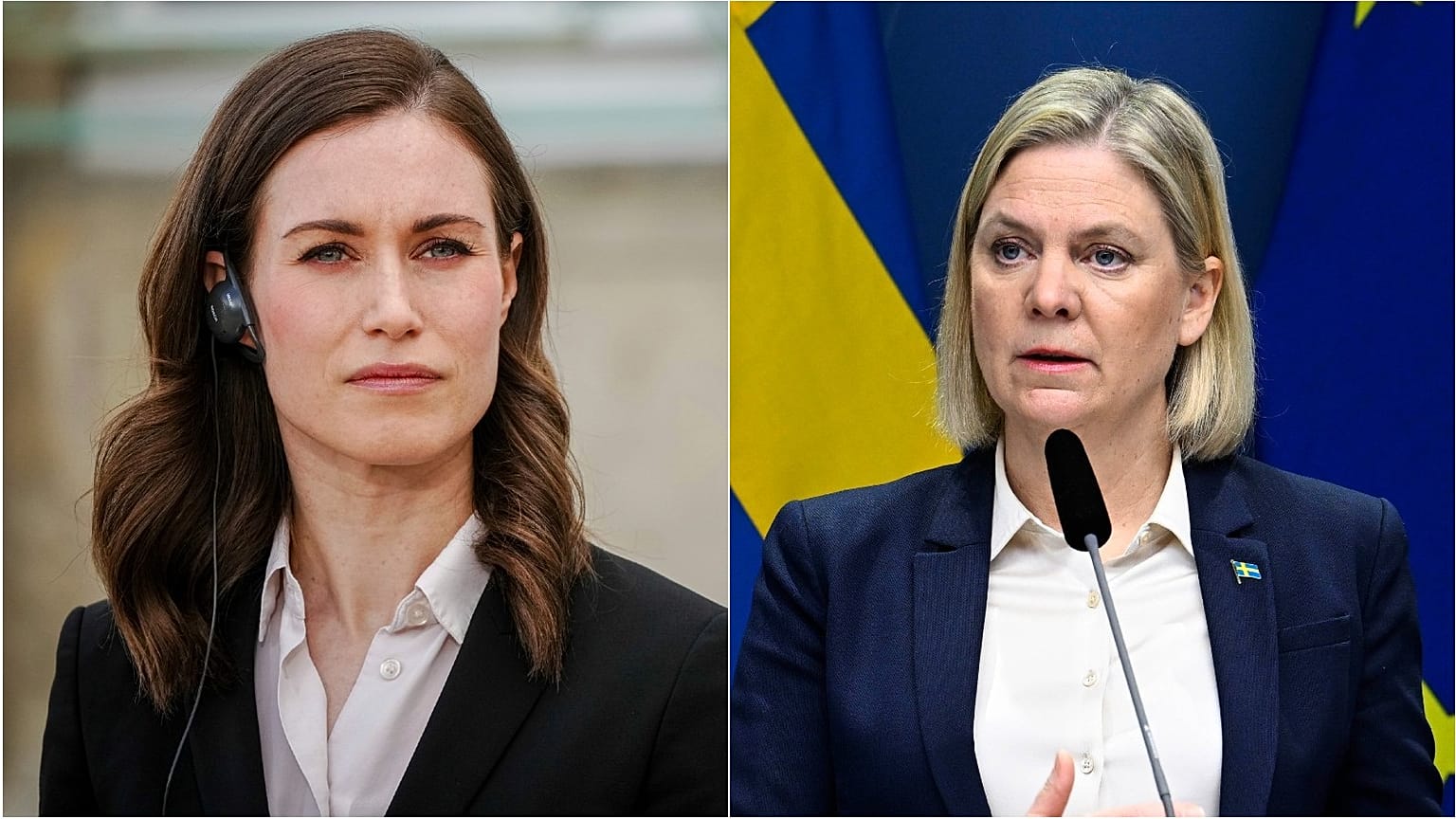Vladimir Putin cited NATO expansion as a reason for the Ukraine war. But the invasion could spark more countries to join.
Finland and Sweden are expected to reveal in the coming days whether they will ask to join the NATO military alliance.
Russia's war in Ukraine has sparked an urgent rethink in both countries.
Coming out in favour of joining would be a historic development for either nation: Sweden has avoided military alliances for more than 200 years, while Finland adopted neutrality after being defeated by the Soviet Union in World War II.
Along with Ukrainian resistance and Western sanctions, if either decided to join it would be one of the most significant ways in which the invasion appears to have backfired on Russian President Vladimir Putin, who cited NATO expansion as one of the reasons for attacking Ukraine.
“There is no going back to the status quo before the invasion,” said Heli Hautala, a Finnish diplomat previously posted to Moscow and a research fellow at the Center for a New American Security in Washington.
Finnish President Sauli Niinisto, the Western leader who appeared to have the best rapport with Putin before the Ukraine war, is expected to announce his stance on NATO membership on Thursday. The governing Social Democratic parties in both countries are set to present their positions this weekend.
If their answer is “yes,” there would be robust majorities in both parliaments for NATO membership, paving the way for formal application procedures to begin right away.
The Finnish Social Democrats led by Prime Minister Sanna Marin are likely to join other parties in Finland in endorsing a NATO application. The situation in Sweden isn't as clear.
The Swedish Social Democrats have always been staunchly committed to nonalignment, but party leader and Prime Minister Magdalena Andersson has said there's a clear “before and after" 24 February.
The party's women’s faction, led by climate and environment minister Annika Strandhall, has come out against NATO membership.
“We believe that our interests are best served by being militarily nonaligned,” Strandhall told Swedish broadcaster TV4. “Traditionally, Sweden has been a strong voice for peace and disarmament.”
Neither Finland nor Sweden is planning a referendum, fearing it could become a prime target of Russian interference.
Sweden and Finland have sought — and received -- assurances of support from the US and other NATO members in the application period should they seek membership.
Both countries feel they would be vulnerable in the interim before they’re covered by the alliance’s one-for-all, all-for-one security guarantees.
The Kremlin has warned of “military and political repercussions” if the Swedes and Finns decide to join NATO.
Dmitry Medvedev, the former Russian president who is deputy head of Russia’s Security Council, said last month it would force Moscow to strengthen its military presence in the Baltic region.
However, analysts say military action against the Nordic countries appears unlikely, given how bogged down Russian forces are in Ukraine.
Many of the Russian troops stationed near the 1,300-kilometer (830-mile) border with Finland were sent to Ukraine and have suffered “significant losses” there, Hautala said.
She said potential Russian countermeasures could include moving weapons systems closer to Finland, disinformation campaigns, cyberattacks, economic countermoves and steering migration toward the Russian-Finnish border, similar to what happened on Poland’s frontier with Belarus last year.















